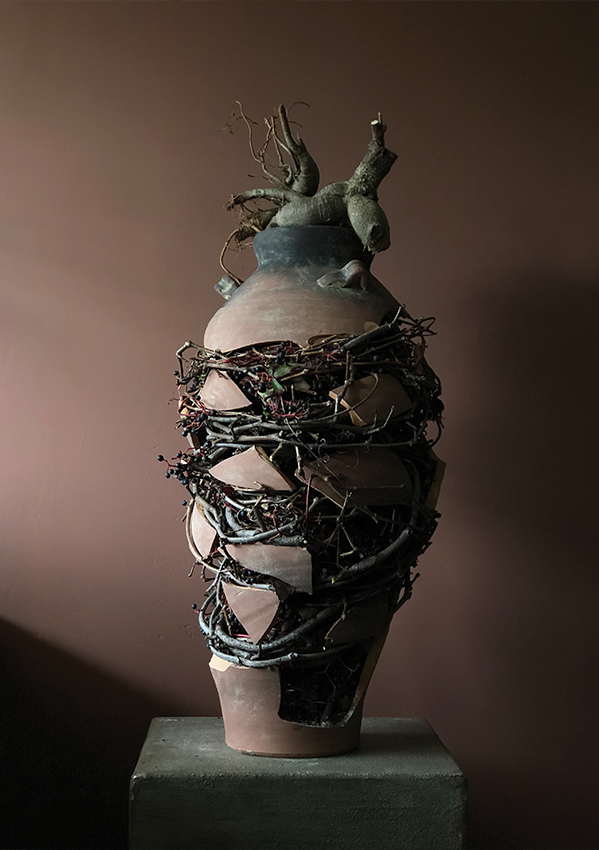

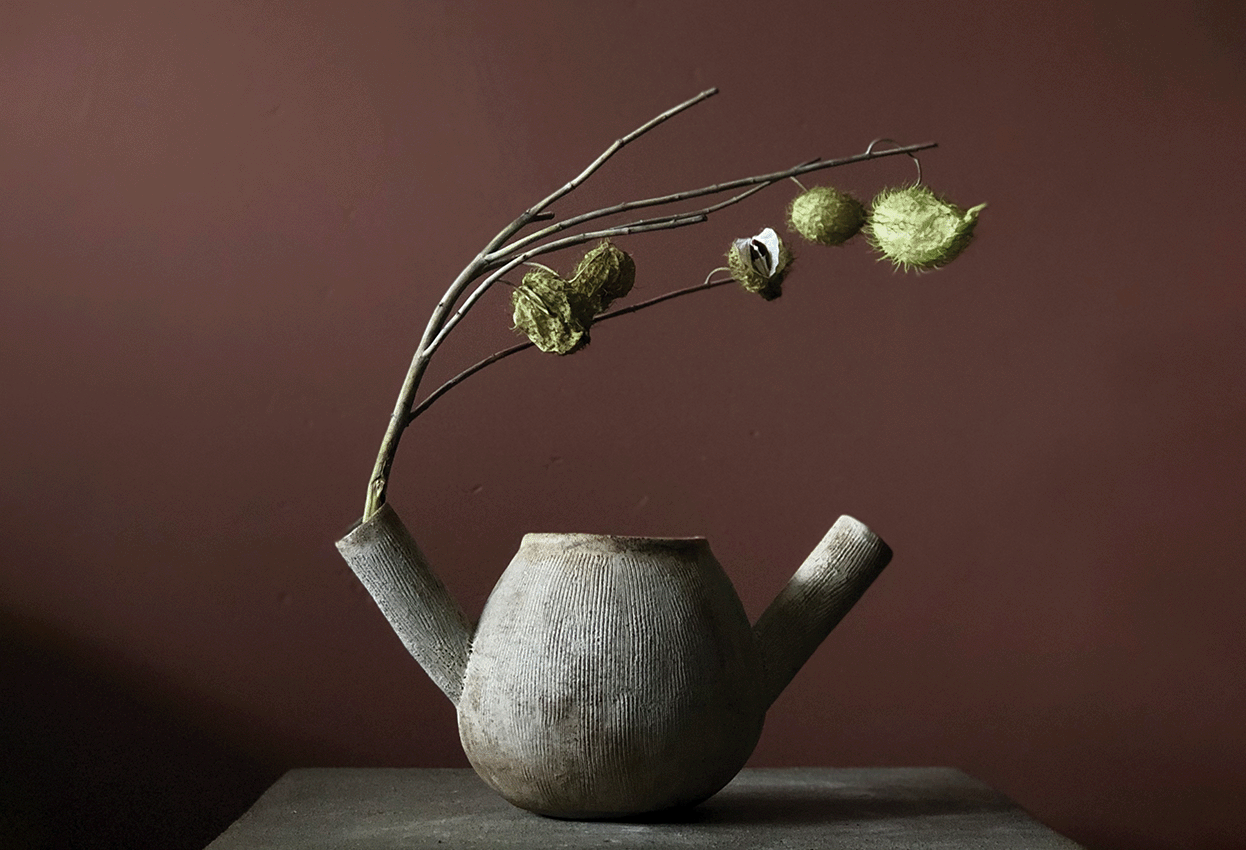
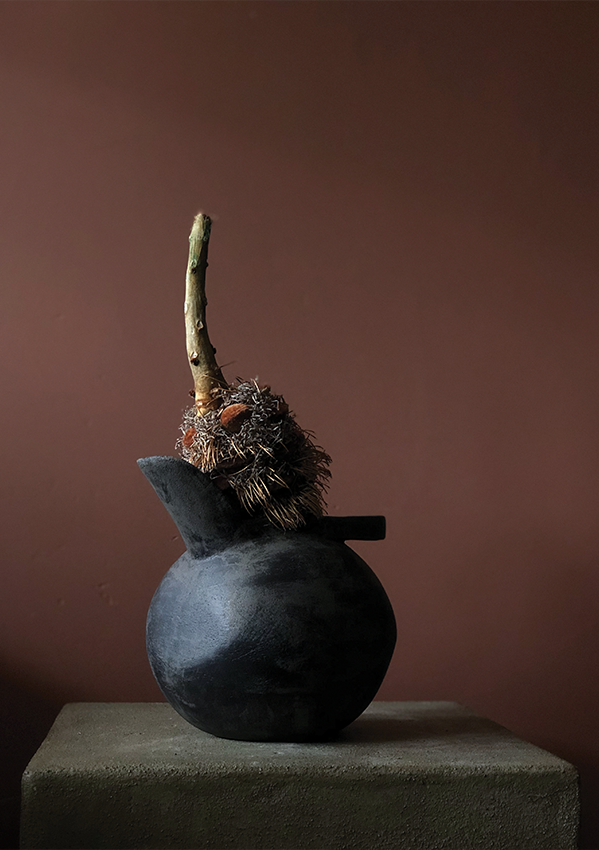
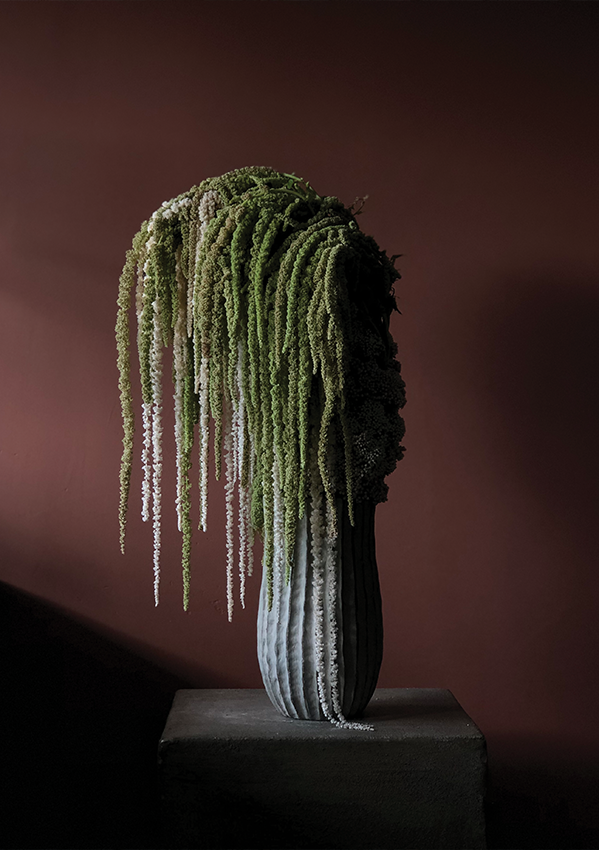
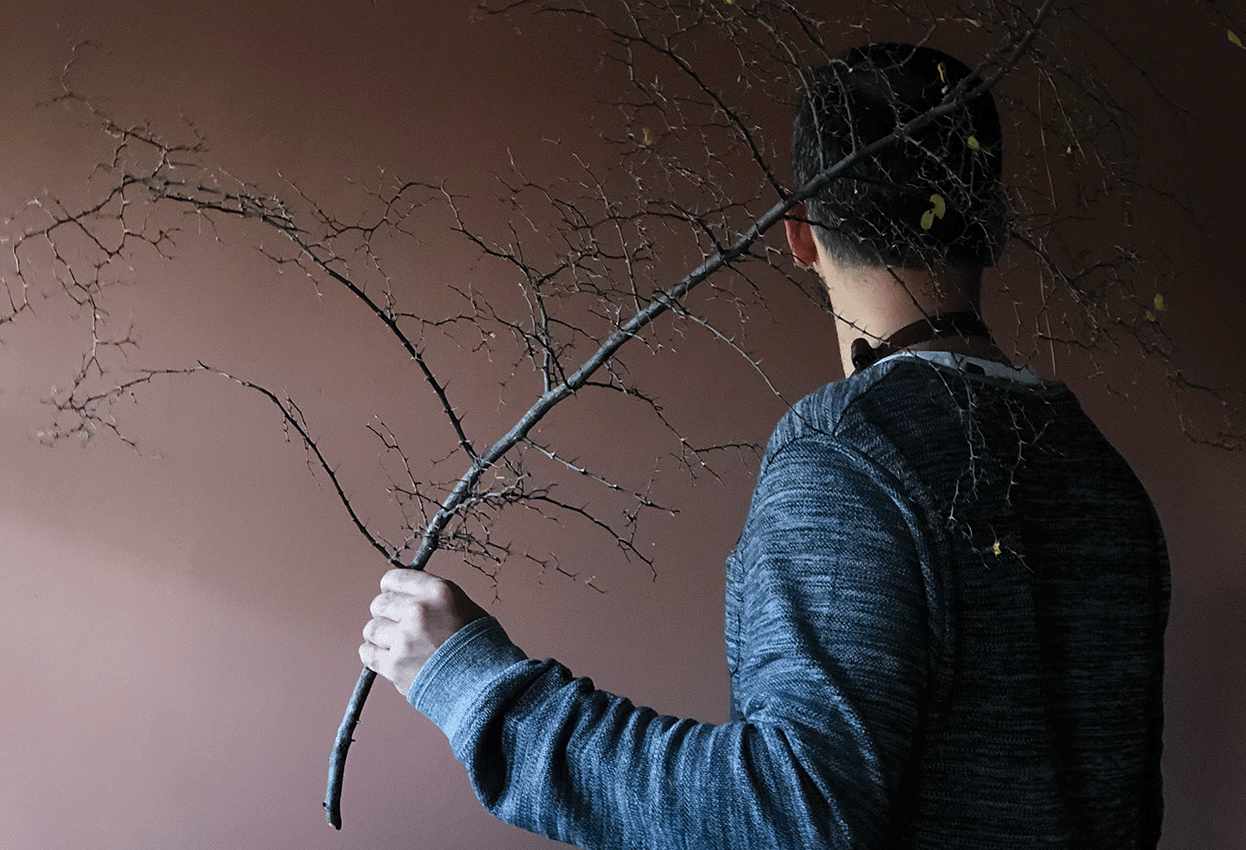
Kendine Yetebilmek

Simone de Beauvoir, Mandarinler kitabının başlarında “Bu dünyada yerini tam olarak bulabilmek de büyük şans,” der. Bu dünyada yerini tam olarak bulabilmek aslında belirgin bir yerin olduğu varsayımıyla başlar. Fiziksel bir lokasyonun ötesinde, kendini bulabilmeyi, belki de kendi kendine yetebilecek zihinsel alanı da bulabilmeyi tanımlar. Bu cümlesiyle de aslında sorgulayıcı okurlar için yeni bir kapı açar; nedir kendi kendine yetebilecek alan?
Kendi kendine yetebilmek sadece felsefede, psikolojide, edebiyatta değil; tarımda, siyasette, ekonomide (bkz. otarşi) ve daha nice alanda karşımıza çıkan bir kavram. Etimolojik olarak kendi kendine yeterlilik, özellikle Antik Yunan’da uzunca bir süre tanrılara özgü bir karakteristik olarak kabul edilen autárkeia’dan gelir (autós, "öz, kendi” ve arkéō “yeterlilik”). Antik çağlarda bireylerin hayatta kalabilmek için birbirlerine ihtiyaç duyduğu, dolayısıyla topluluklar halinde yaşadığı, her şeyi kendi kendine üretemediği bir toplumsal düzende kendine yetebilmenin sadece tanrılara atfedilen bir özellik olması çok da beklenmedik bir sonuç değil. Daha sonraları, özellikle Aristoteles'in sıklıkla sözünü ettiği bu kavram, iyi yaşama giden (eudaimonia) yolda en önemli araç olarak görülür çünkü eudaimonia, özünde ‘mutluluktan’ öte doyumlu bir hayatı tasvir eder, bu yüzden salt mutluluk arayışından ziyade güçlükleri de içine alan, yaşamı daha gerçekçi bir biçimde yansıtan bir kavram sayılır. Peki nedir kendi kendine yetebilmek? Aristoteles'e göre bu; yaşamı seçmeye değer kılan ve hiçbir eksiği olmayandır. Bu tanım, her ne kadar ulaşılması zor bir varoluş halini anlatsa da daha modern tanımlarda başkalarına daha az bağımlı olmayı ya da tam olarak hakkını vermek gerekirse, olmamayı ve kendine sadece fiziksel olarak değil, psikolojik olarak da yetebilmeyi tanımlar. Her ne kadar havalı görünse de aslında bu kavram doğası itibariyle bir konforsuzluk durumunu doğurur ve bu konforsuzlukla barışık olabilmeyi, yaşayabilmeyi ve üretebilmeyi talep eder.
Peki gerçekten mutlak, kendi kendine yetebilen bir yaşam mümkün mü? Tümüyle kendine yetebilen bir yaşamın kriterlerini bu kadar yukarıya koymak içinde bulunduğumuz toplumun bakış açısını değiştirmiyor ve batan balık yan gitmeye devam mı ediyor? Sanırım evet. Tam da bu yüzden aslında biraz daha ulaşılabilir bir kendine yetebilme tanımı yapma ihtiyacımız doğuyor. Çünkü tümüyle dış dünyadan bağımsız hale geldiğimiz bir yaşam biçiminin çoğumuz için oldukça ütopik olduğunu göz önünde bulundurmak, bu tür bir anlayışın daha geniş kitlelere ulaşabilmesi için çok daha faydalı ve gerçekçi görünüyor. Mesela bir pantolonun söküğünü dikmek için terziye gitmemeyi, akşam yemeğini dışarıdan söylemek yerine evde pişirebilmeyi ya da canımız sıkıldığında tek başına yürüyüşe çıkabilmeyi de kendine yetebilmek olarak tanımlayabilir hale gelemez miyiz? O zaman buna kendinle kalabilme cesareti ve kendinle kalabildiğinde hayatı göğüsleyebilme becerisi demek ne kadar yanlış olur?
Tüm bunları bir araya topladığımızda kendine yetebilmek, üretebilmeyi ön koşul olarak koyar ama her şeyi kendi kendine üretebilmeyi şart koşmaz. Muhtemelen temel sorun da aradaki bu nüansın tam olarak kavranamamasından kaynaklanıyor. Çünkü evrimsel olarak zihnimiz, bilişsel kaynaklarımızı optimum şekilde kullanabilmek adına, dünyayı siyah-beyaz olarak görme eğiliminde. Bu yüzden de kendine yeten bir yaşamın, tüm sebzelerini kendi yetiştirdiği, ihtiyacı olan her şeyi evde ürettiği, zihinsel ihtiyaçların yine kendi kendine karşılandığı hayali bir yaşam biçimi olarak konumlandırmanın bizleri korkutan ve bu adımı atmaktan geri tutan bir bakış açısı olması da kuvvetle muhtemel. Ancak gri alanlar da olduğunu kabul etmek, tamamen kendine yetebilen bir yaşama adım atmaktansa, en azından bazı alanlarda bunu hayatımıza katmaya çalışmak hem yaşadığımız dünya hem de ruh halimiz için faydalı bir girişim olabilir.
Son zamanlarda özellikle etik endişeler sebebiyle et tüketimini hayatından tamamen çıkaramayan ancak azaltanlar için ortaya atılan ‘reducetarian’, Türkçe’ye azaltıcı olarak çevrilebilir, kavramı aslında tam da bahsettiğimiz gri alanları tanımlamaya yönelik bir oluşum olarak karşımıza çıkar. Peki, biz de benzer bir bakış açısını dış dünyaya bağımlı halimizi tamamen yok etmekten ziyade azaltmaya yönelik şekilde konumlandırabilir ve bunu ulaşılması daha mümkün bir yaşam biçimine çeviremez miyiz?
Elbet tüm bu aksiyonların ekonomik bağlamda sonuçlarının olacağının, içinde bulunduğumuz sistemin işleyişine ters bir yaklaşım olduğunun akıllara gelmemesi oldukça naif bir bakış açısı olur. Ancak bunun tam da içinde yaşadığımız düzene, biraz daha masum, prososyal ve yapıcı bir başkaldırı olduğunu farketmek, bu sürecin içselleştirilmesi için de bize ışık tutabilir. Engin Geçtan, İnsan Olmak kitabında tam da bu süreçten bahseder; hayatı etkin bir şekilde yaşayabilmek, var olduğu düzende istediği değişiklikleri yapıcı bir şekilde elde edecek becerilere sahip olmayı gerektirir.
Bu işin en büyük avantajı, bağımlı olduğumuz kaynakların bir gün ortadan kaybolması durumunda, sağlıklı bir şekilde hayatımıza devam edebilmek için ihtiyacımız olan kaynakları kendi içimizde toplamamız olacaktır. Özellikle son dönemlerde kendimizle kaldığımızda ortaya çıkan anlam karmaşasının ve buna bağlı olarak deneyimlenen varoluşsal endişenin, kendimize psikolojik olarak yetebilme kaslarımızın henüz yeterince gelişmemiş olmasından kaynaklanması da pek uzak bir ihtimal sayılmaz. Hâlbuki dış dünyadan bir uyaran olmadan evde sakin bir gün geçirebilmeye, bir başka deyişle kendi kendine kalabilmeye alışkın olan bireylerin, bu zorlu dönemden en fazla faydayı alarak çıkacağını tahmin etmek çok da zor olmasa gerek.
Kendi kendine yetebilmek salt fiziksel bir üretim sürecini tasvir etmediği için bir yerinden başlamayı da zafer olarak kabul edebiliriz. Bu yüzden bir dahaki boş vaktimizde, dışarıdan gelecek uyaranları minimuma indirip kendimizle kalabilme kaslarımızı geliştirerek, belki bir torba toprak ve birkaç tohum alıp balkonun bir köşesini ufak bir seraya dönüştürerek ya da sadece geçen hafta kırılan o en sevdiğimiz kupamızın aynısını almak yerine evde tamir ederek hem fiziksel hem de psikolojik olarak kendimize yetebilmeyi zor da olsa denemeye değmez mi?
from volume 16
words: Didar Zeytun
florist & photography: Yunus Karma
